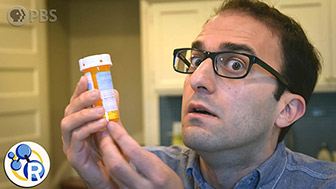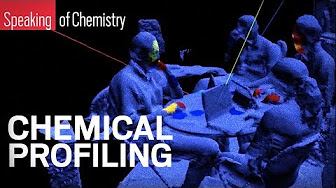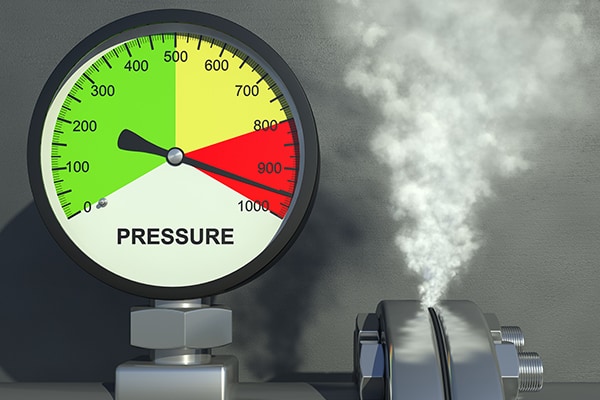Increasing academic pressures and a multitude of societal, financial, and personal stressors are pushing students to take advantage of new tools that make cheating easier than ever. How do we extend ethics education for chemists beyond the responsible conduct of research and professional activities? What can we do to go beyond simple punitive actions to build a culture of academic integrity for chemistry students?
Join a panel of educators including Tracy Halmi of Penn State Behrend, Laura Pence of University of Hartford, and Matthew Mio of University of Detroit Mercy as they discuss the current efforts to re-examine the circumstances that accompany cheating so that chemistry students, educators, and institutions can work together to reduce the pressures and opportunities to cheat and encourage academic integrity.
This ACS Webinar is moderated by Carmen Gauthier of SOCED and Florida Southern College and co-produced with ACS Education and the ACS Society Committee on Education.
What You Will Learn
- Components of the fraud and integrity triangles
- Approaches for advancing the values of academic integrity
- Efforts that support a culture of academic integrity in chemistry












